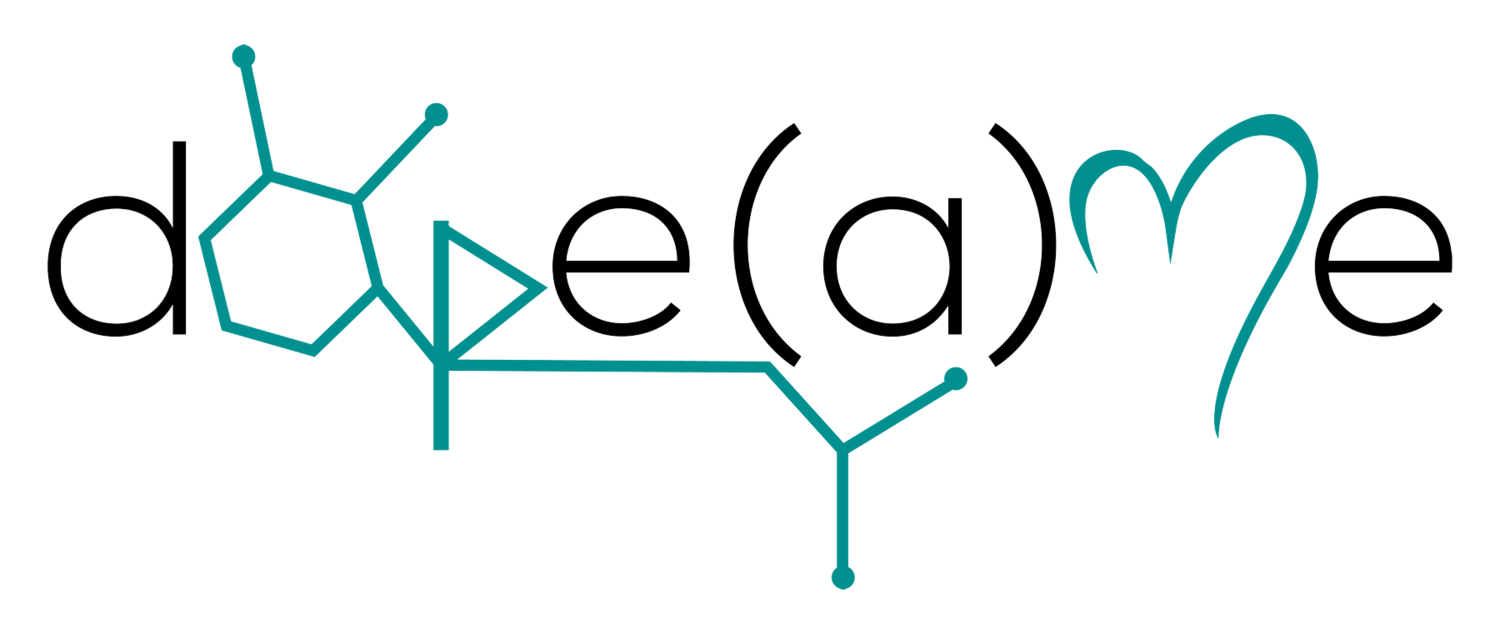How to overcome obsessive thoughts
February is Psychology Month, and it kicks of with Eating Disorder Awareness Week. What better way to highlight this focus than to shine the light of our awareness on what gets in the way of our progress: our habits of self-talk.
What do you need to know?
We can only talk to ourselves from our current programming, which is why it’s nearly impossible to talk ourselves out of a mental struggle: we’re using the same framework that caused the problem in the first place. As Michael Singer says, “the problem is not the problem, it is our relationship to the problem that is the problem.” Whether you are stuck in self-sabotage, self-defeat, lethargy, self-harm, or a toxic relationship with food, the first step to overcoming is to slow down and listen to how you’re communicating with yourself.
Self-Observation versus Self-Analyzing
Get curious about how your body is reacting and what happens right before the obsessive thoughts take over. When your body is in distress, your thoughts will often match that state. Get off that emotional roller coaster: take a few deep breaths and think back to when and where you feel dis-ease and ease in your mind and body. Develop language to describe it; in other words, “name it to tame it.”
Once you’ve created some space and conserved some energy by quietly witnessing your reactions rather than jumping into problem-solving or self-defeat, you can take steps to calm your nervous system down.
Some reflection questions:
What changes do you notice in your body as you experience obsessive thoughts?
What sensations accompany these thoughts?
What are you making these thoughts mean?
What is a new perspective to try on here?
Acknowledge that your thoughts are habits and not objective truth
Here’s one of my most effective go-to reminders: 95% of what you think today, you also thought yesterday. Just because your thoughts are familiar and habitual, it doesn’t mean they’re true. Maybe they have little bits of truth to them, but they don’t reflect the whole, complex, expansive truth.
Bring some non-duality into your thoughts by reflecting on past struggles and acknowledging how the darkness has brought you more light. Look at the ways your toughest moments taught you strength and resilience. When we teach ourselves to find purpose and growth in our struggles, we can learn to accept and even welcome where we are, rather than shaming ourselves for being there.
Reflection questions:
What am I learning from this experience?
What have my darkest moments taught me?
What are some new thoughts and reminders I can repeat until they become new habits?
Nourish your whole self
Sometimes, our racing thoughts signal that we are lacking some basic nourishment that our mind and body need to function at their best. Imagine that your habits are a 6-ton Elephant, and you’re trying to direct where the Elephant’s going. A malnourished (or hangry) elephant is not an easy partner to work with.
We all know that it’s vital to nourish our body with sleep, movement, fresh air, balanced nutrition and intuitive eating. It’s just as vital to tend to your mental and emotional body with self-inquiry, playfulness, and peace. Obsessive thoughts don't have much space to grow and flourish when you’re focused on feeding your mind and body what they need.
In conclusion, what you resist, persists, and what you love and embrace, can heal and release. To give your thinking mind a break, get into your body and track sensation. And remember, any self-talk that plays out while you are in a “low-vibration” state is not worth listening to. There is nothing you can say to yourself to talk yourself out of the darkness. The space and healing resides outside the thinking mind, so get into your breath, into your body, into nature, and out of the routines that are not serving you.
I would love to hear your thoughts once you give this a try xoxo




